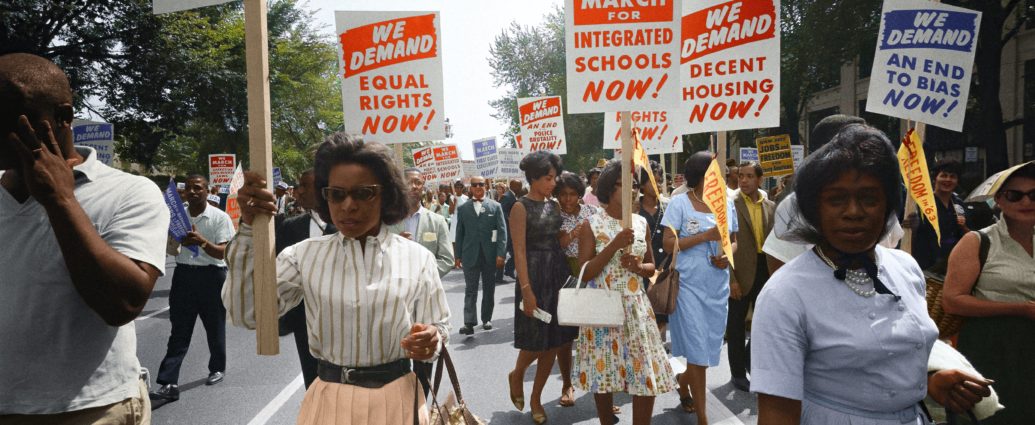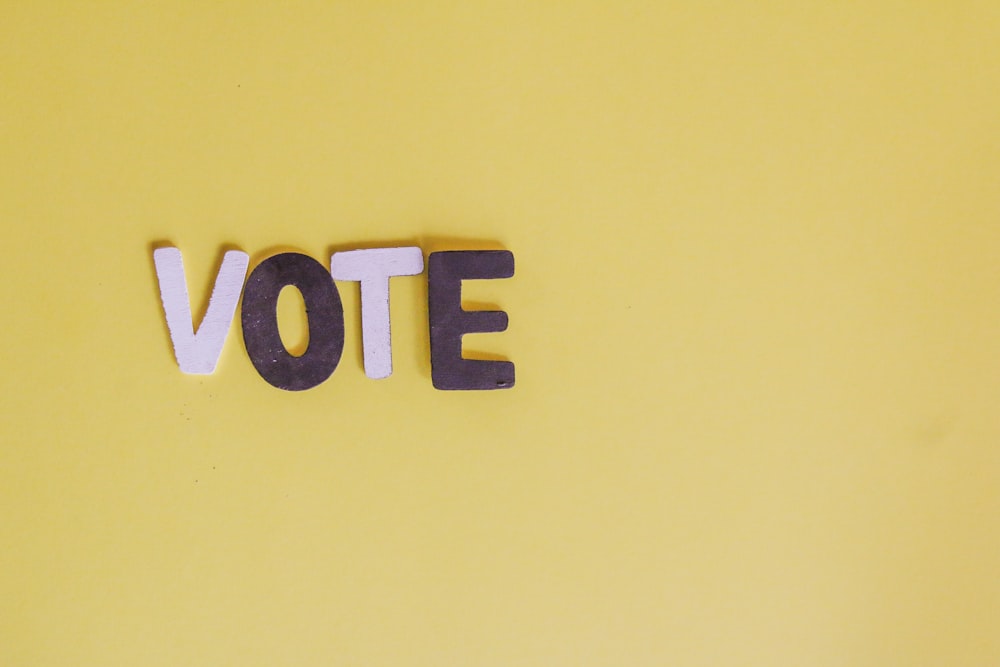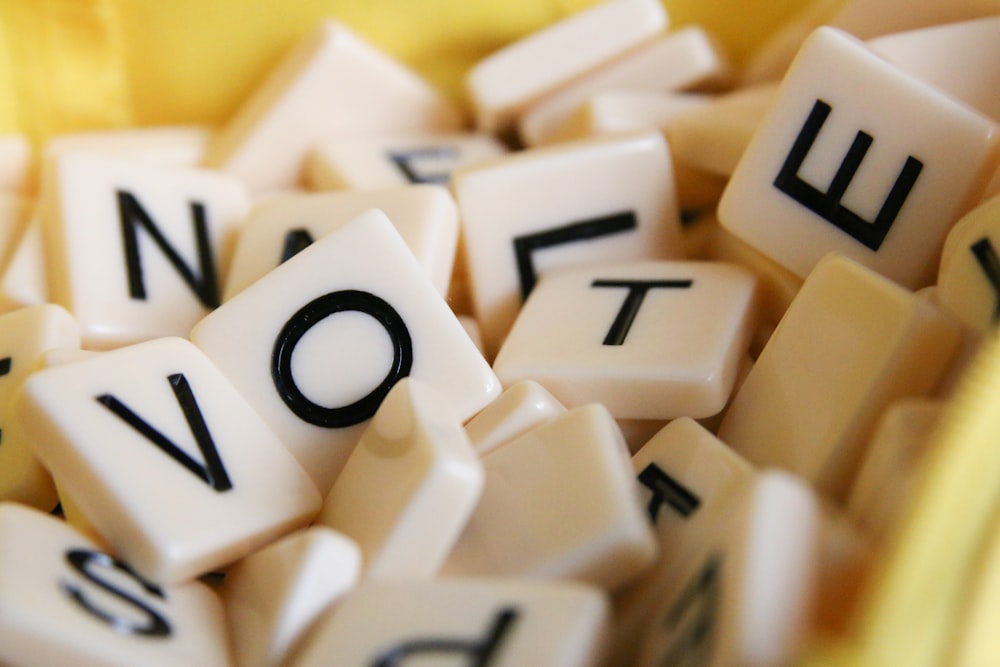Local council elections do not muster the same enthusiasm that national elections do. Party campaigns in the months preceding a general election are a grandiose – if not a little ruthless – affair. After all, this is our opportunity to change the political makeup of our country – in simple and theoretical terms at least. What people fail to realise, however, is the sheer importance that local elections have in providing a connection between constituent, constituency, and parliament.
Local elections are the gateways to parliament. Without MPs, we would not have a democratic system; our concerns would not reach the hands of those whose opinions – and the power to act – can actually make a difference.
6 May is an annual event where we all flock to the nearest polling station to sign a large ‘X’ next to our candidate of choice. Where polling officials stand in all their glory – or should I say boredom – as they hand over our polling card and wait with eager eyes for us to return to their table.
“Many of us no longer have this political fire burning within”
But over recent years, we have become sloppy; lazy. Many of us no longer have this political fire burning within. Many of us no longer turn out to vote. Many of us no longer care.
On 21 November 1918, The Parliament (Qualification of Women) Act was passed. Women over the age of thirty with a property qualification were finally given the vote. Ten years later, the Representation of the People Act was passed, giving all women regardless of age or status the vote – and about time too. But despite this, people are not turning up to the polling stations in their hoards. Instead, they are choosing to sit idly by as major decisions are made without them even lifting a finger.
But why?
Image courtesy of Glen Carrie on Unsplash. This image has in no way been altered. Image license is available here.
Why are people not voting?
Just over one in three registered voters took to the polls in May 2018 and for some towns, this was only one in four.
In May 2018, only 24.2% of registered voters in Hartlepool returned a ballot. In Hull, this was only 25.3% and Coventry 27.4%. Even in areas with a higher turnout, only Richmond upon Thames witnessed over half of its registered voters casting a ballot – now that is worrying.
In Hartlepool’s Manor House ward, just over 16% of voters turned out in 2018, firmly believing voting to be a pointless pursuit as nothing changes and “no one party sticks out.”
“there is a disconnect between politics and their everyday lives”
Rachael Farrington, founder of Voting Counts, said: “Many of the people we speak to feel there is a disconnect between politics and their everyday lives.
“Everyone has issues they care about” she continued, “but it can be difficult to identify how local councils operate and affect these issues.
“While national politics continues to dominate headlines, it can appear that change can only happen via Westminster – and those making decisions at a local level are neglected of the due attention, and scrutiny, they deserve.”
Speaking with Zesha, a freelance journalist, she said: “People aren’t really aware of them as much and don’t really know the importance of them – local elections affect us directly from bin collections to local services.”
So there we have it – the real reason why people are not voting…or is it?
Image courtesy of Sharon McCutcheon on Unsplash. This image has in no way been altered. Image license is available here.
Does education have a say in how we view politics?
Politics is not an available study option until Sixth Form – at least not for state-run schools anyway. The vast majority of youngsters today are influenced by their parents, peers, and teachers, reluctant to form a firmly-rooted opinion of current politics and trends for themselves. Whilst some take up this subject as an option, many do not and are instead forced to fend for themselves in a world where their own political beliefs have already been decided for them.
Speaking with Hannah Foulsham, a recent university graduate, she said: “I think it’s rooted in the way we aren’t taught politics at school. In general, we’re told that discussing politics is a bad thing and you should keep those thoughts to yourself.”
“It’s hard to feel connected to them if you don’t know them”
School and Sixth Form curriculums pride themselves in objectivity and relaying the facts – with a hint of opinion here and there when you’re trying to relate your favourite ice-cream flavour to the whole class ‘en français.’ Many, therefore, do not develop the essential skills needed to form their own political opinions and are instead led down the standard path all youngsters seem to be, based on their geographical residence, social circles, or even school of choice.
“The public has usually formed a collective opinion on those running for PM,” Hannah Foulsham continued, “but those who run for local elections are unknown. It’s hard to feel connected to them if you don’t know them.”
Image courtesy of Glen Carrie on Unsplash. This image has in no way been altered. Image license is available here.
What can we do to increase voter turnout in local elections?
Local elections are the epitome of local democracy, yet polling stations are often stood amongst the cobwebs; spiders making each booth their home. People just aren’t coming out to vote and this needs to change – now.
“We need a broader conversation about the importance of local elections,” said Luke from Winchester.
“For man, local elections fail to address common neighbourhood problems”
“Most people just about engage in national and it’s hard to differentiate between county and district issues too; who is responsible for what?”
For many, local elections fail to address common neighbourhood problems and therefore fail to consider the concerns of local constituents. Speaking with Sonya Barlow, TEDx Speaker and Diversity Coach, she said: “People want to be seen and heard this election by candidates who care for them and understand their concerns [and] empathise with how the ordinary person lives.”
I also had the opportunity of Speaking with Rachael, founder of Voting Counts, myself: “I think it’s about helping people to identify how many of the services we use each day are impacted by our council. Many don’t realise that often the transport network they use to get to work, green spaces they enjoy at weekends, and the social care that looks after their family are all influenced by the outcome of these elections.”
Image courtesy of Ian Schneider on Unsplash. This image has in no way been altered. Image license is available here.
Are local elections essential to democracy?
In short, yes. Without the opportunity to involve ourselves in the decision making process, despite its variety, we cannot live in a successful democratic system.
MPs serve their constituents as much as they serve parliament. Our concerns and voices are heard by politicians and they do matter – do not let anyone tell you otherwise. Over the years, many of us have fallen into the trap of negativity; we see the gap between constituents and Westminster politicians as far too great and therefore a useless pursuit. It is this mindset, however, that is preventing the successes of local democracy. We need to wake up, grasp these opportunities by the neck, and vote. Our opinion can and does matter – if only you will let it.
“Without local elections and opportunities, national democracy cannot and will not change”
Chloe O’Keefe, a recent graduate currently freelancing as a journalist, said: “I’m a firm believer it starts at home, so if we don’t vote in our local elections what’s the point of voting nationally?
“Voting locally will enforce local councilors to be able to go further and get onto the national spectrum.”
“Democracy is dependent on many things – local elections are one of them,” said Zesha.
Without local elections and opportunities, national democracy cannot and will not change.
Madeleine Raine
Featured image courtesy of Unseen Histories on Unsplash. This image has in no way been altered. Image license is available here.





